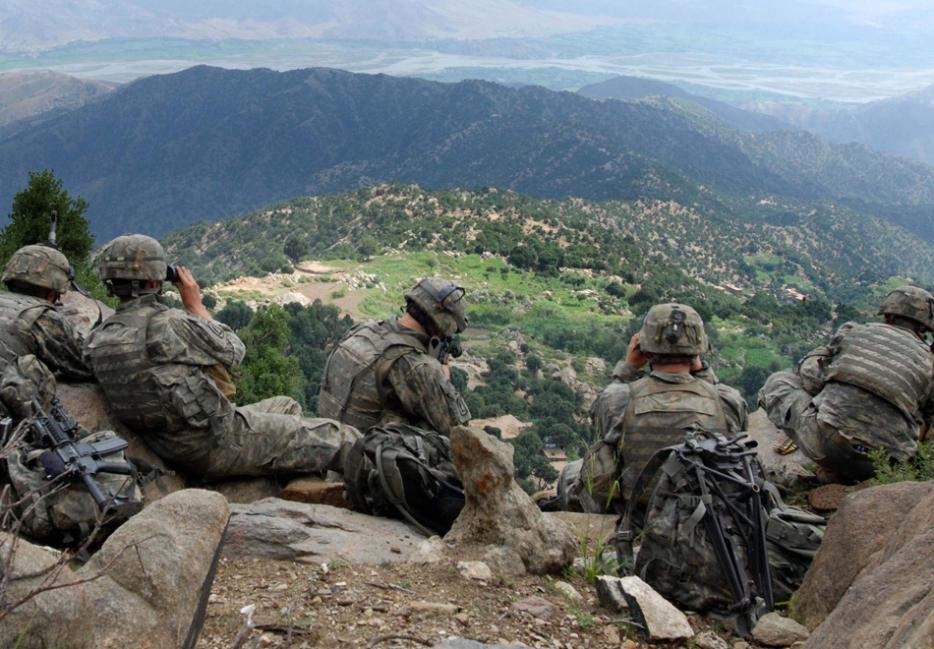Last Thursday night, four men with firearms started shooting at the Hotel Serena in Kabul, killing nine and wounding two. (The dead included two Canadian nationals.) One of the direct effects of the attack has been to chase at least some election monitors out of a country that desperately needs them. While the scale of the attack is modest to anyone who isn’t mourning loved ones, the other direct effect is to remind us that more than a decade after the war in Afghanistan started, it remains a country in which there’s a large and organized constituency that doesn’t want us there, and is willing to kill to make its point.
On Friday morning, The Atlantic published an essay by Robert Kaplan calling for a return to imperialism on the part of the industrialized West. Abandoning the old empires, Kaplan says, was a mistake, since “Ancient empires... may have been cruel beyond measure, but they were less cruel and delivered more predictability for the average person than did anything beyond their borders. Who says imperialism is necessarily reactionary?” Kaplan’s pretty fond of the more modern variants, too.
Kaplan took and continues to take a lot of heat for his essay, but it’s a mistake to read it simply as one author making one claim. After all, the bones of the argument are nearly identical to the one that Michael Ignatieff and Niall Ferguson were making a decade ago, when our war in Afghanistan was still young and fresh-faced. Only the details have changed.
The last decade hasn’t been particularly kind to would-be imperialists. Iraq was a full-spectrum failure for which, somehow, nobody was ever punished. Last week’s attack notwithstanding, observers in Afghanistan tell wonders about the work international development agencies and security are doing for the country, while acknowledging that it’s all evanescent—none of it can be sustained in the absence of a military mission we’re already winding down.
In short, the latest small round of imperialism—and it’s the proponents, not me, calling it that—seems likely to be as short-lived as the last one. And the last one, let’s remember, failed utterly and completely. With a handful of tiny exceptions that prove the rule, the vast majority of places that were once ruled by a far-off imperial capital (or in the case of my Irish forbears, not so far off) no longer choose to be—and thanks to the political, economic, and military changes of the 20th century, it’s not possible to govern large societies from a distance unless they do indeed choose to be.
That is, imperialism failed. It failed as surely as Nazism did or Soviet Communism did. The stench of imperialism’s failure is so strong that, in the 21st century, decades after anyone was publicly and seriously committed to the imperial project, governance reforms proposed by economists can be derailed (perhaps deservedly!) simply because of the taint.
For some reason, though, we don’t talk about it in the same terms as an ideology that, properly, sits in history’s dustbin. Something keeps the imperial impulse alive in powerful countries (we don’t see a lot of Danish irredentism around these days) against all the evidence, in essays like last week’s, and those over the last decade. It’s tempting to cry racism, and racism it may be, but it’s just as likely something simpler: the difficulty we have believing that something we did (“we” meaning powerful, wealthy countries) could be so monstrous after all.
But history doesn’t lie. The wars to build the empires of the 18th and 19th centuries, and the wars to hang on to them in the 20th (with names like Algeria and Indochina) were awful, bloody, inhumane affairs that nobody should miss and nobody should mythologize. History doesn’t lie. But sometimes we choose not to believe it anyway.





